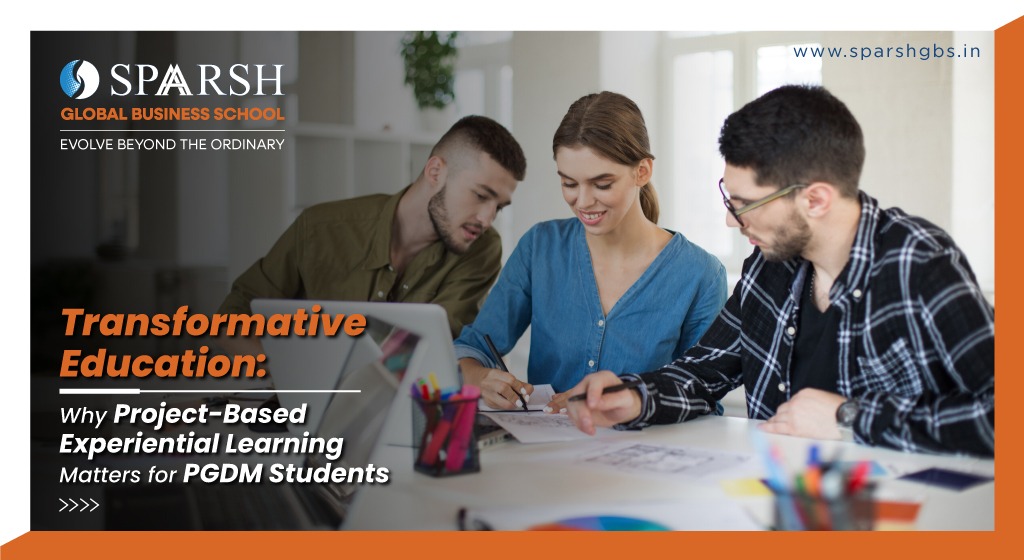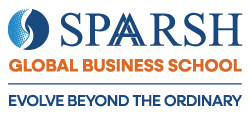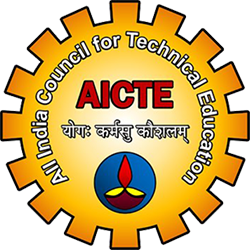
Conventional educational methods sometimes fall short of preparing learners for the intricacies of their future professions in today's corporate environment. Educational institutions must also adapt to the ever-changing demands of business by providing students with innovative learning opportunities that foster critical thinking, problem-solving skills and flexibility. In this context, students participating in PGDM programmes, in particular, benefit greatly from project-based experiential learning (PBL). We can shape PGDM students' paths to success by investigating the relevance of project-based experiential learning.
Exploring the Concept of Project-Based Learning:
Project-Based Learning (PBL) immerses students in real-world experiences, encouraging active learning and deeper comprehension. Using PBL as part of a PGDM course structure effectively connects classroom learning with real-world application. Students apply their academic understanding to real-world scenarios by an in depth analysis, a skill largely gained by hands-on learning through projects. Essential for achieving success in the corporate world, this practical method fosters analytical thinking, problem-solving abilities and collaboration.
Through its focus on group work as well as individual initiatives, PBL goes beyond the confines of the conventional lecture format. By taking responsibility for their own learning, students can recognise obstacles, create strategies to overcome them and put those strategies into action. Students are better prepared for the intricacies of the business world through this experiential learning methodology, which encourages creativity and innovation. In addition, PBL promotes ongoing self-reflection, which helps students evaluate their development and better their approaches to problem-solving.
Project-based learning (PBL) in a PGDM programme gives students the theoretical background they need, but it also gives them the self-assurance and flexibility to succeed in today's dynamic corporate world.
Experiential Learning and Its Functions:
Learners' all-around growth depends on the experiential learning opportunities provided by a PGDM institute's curriculum. Putting learners in situations that mimic real life helps them develop their abilities and capacity for critical thinking, as well as connecting theory to practice. Learners develop their capacity to adapt and solve problems that reflect the dynamism of the industry, through internships, case studies and simulations. Because experiential learning encourages trying new things and growing from mistakes, it serves as a spark plug for creativity. Experiences deepen learning, improving retention. Additionally, it develops leadership-related teamwork and communication abilities. PGDM institutes provide experiential learning beyond traditional boundaries.
The Perfect Alliance of PBL and Hand-On Experience:
Project-based learning (PBL) enhances active learning by fostering analytical thinking, teamwork and practical problem-solving abilities. It tempers learners' natural interest, encouraging them to explore subjects further. In addition to project-based learning (PBL), hands-on experience (HOE) provides a concrete means of applying theoretical principles, by connecting classroom learning with practical applications. It helps learners develop qualities like resilience, creativity and flexibility that will serve them well in the complex professional world. Integrating project-based learning with practical experience fosters learners to become adaptable, industry-ready PGDM specialists.
Strategic Implementation:
When contemplating the use of these approaches, PGDM institutions should meticulously evaluate many factors:
1. Create a thorough curriculum that effectively combines Project-Based Learning (PBL) with experience-based learning in a seamless manner. Coordinate field excursions and corporate projects to support and enhance this goal.
2. Equip educators with thorough training and all the necessary materials to successfully lead project-based learning (PBL) sessions and experiential learning trips. If teachers have the resources they need, they can better lead learners through engaging lessons.
3. Encourage parents and others in the community to get involved in their children's education. Collaboration with external stakeholders enhances the learning environment, thereby increasing the impact and relevance of educational endeavours.
Conclusion:
PGDM students who aspire to have successful management careers greatly benefit from project-based experiential learning. Sparsh Global Business School offers holistic skill development, networking and industry exposure through PBL, preparing learners to navigate the modern business landscape with confidence, resilience and a lifelong commitment to learning and innovation. Students enrolled in the PGDM programme at Sparsh Global Business School have the opportunity to experience first-hand the life-altering effects of project-based learning, a technique that is becoming more and more popular in educational institutions.
FAQ’s
1. What advantages does project-based learning (PBL) offer to PGDM candidates?
PBL builds learners' theoretical knowledge with self-confidence and flexibility for today's dynamic corporate world. PGDM learners build analytical, creative and innovative abilities through group work, initiative and reflection, making them industry-ready specialists.



